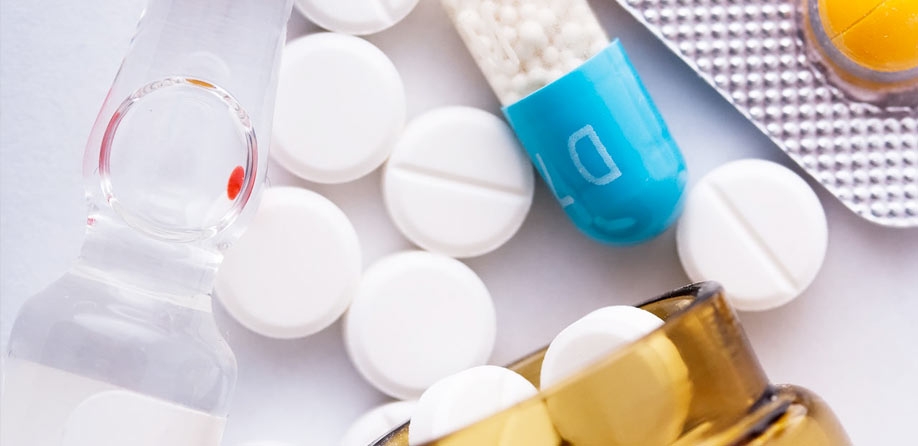You should never take a prescribed drug that has passed its expiration date, right? After all, it’s probably completely ineffective. And it might even be toxic. If you’re nodding your head right now, I have some news for you. Expiration dates mean little to nothing. Here’s why.
The only reason that we even have expiration dates is that governments require drug manufacturers to stamp an expiration date on their products. But here’s the thing. You’d think that an expiration date is established by testing the drug over years to see when it loses its potency. But that’s not what it means.
The date simply means that the manufacturer guarantees that the drug will keep its potency until the expiration date. It does not mean that the drug loses its potency after that date. And how long the drug company tests for an expiration date is completely up to them. If they want to guarantee it for only six months, that’s up to them. If they want to guarantee it for longer they can. The point is this. There is absolutely no reason why a drug can’t be just as effective many years after its so-called expiration date.
This information comes from a study conducted by the US FDA almost 15 years ago at the request of the military. With a large and expensive stockpile of drugs, the military faced tossing out and replacing its drugs every few years. The FDA specifically focused on 100 prescription and over-the-counter drugs and found out that 90% of them were perfectly good fifteen years after their expiration date.
In fact, some drugs were good for twenty-five years after the date. The study did reveal some possible exceptions, though. Apparently nitroglycerin, insulin, and liquid antibiotics are sensitive to decay and may not be effective after their expiration dates. So why doesn’t the FDA require manufacturers to actually check their products to see how long they are effective so the expiration date really means something?
A pharmacist at the FDA until his retirement last year says, “Manufacturers put expiration dates on for marketing, rather than scientific, reasons. It’s not profitable for them to have products on a shelf for 10 years. They want turnover.” And Joel Davis, a former FDA expiration-date compliance chief, goes on to explain, “Most drugs degrade very slowly. In all likelihood, you can take a product you have at home and keep it for many years, especially if it’s in the refrigerator.”
Source
Jay M Pomerantz, MD Recycling Expensive Medication: Why Not? MedGenMed. 2004; 6(2): 4. Published online 2004 Apr 26.





